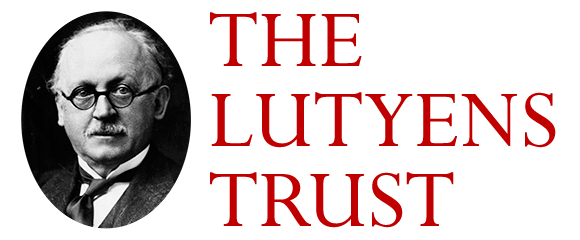Viscount Ridley KG (1925-2011)
An appreciation of his Life with Trees
Between 1987 and 1992, Lord Ridley was Chairman of the International Dendrology Society, a society devoted to the study, cultivation and conservation of trees. Employing his extensive managerial experience, he streamlined and democratised the society’s organisation, widened the membership to include more professionals and more members from far afield so as to challenge the preponderance of amateurs and Britons in the society. He also saw the need to help Eastern European botanic gardens and arboreta then re-entering our world, updating their technical literature and establishing a bursary for students.
His personal interest in trees was both enthusiastic and scientific. His attitude to the conservation of old and over-mature trees being robust, he considered that their conservation was paid an inordinate amount of attention. He wrote: “Nothing in nature is static, but because trees are so often able to outlive human beings, we tend to think of them as permanent and to deplore their felling. It is more important…to see that there are younger generations of trees…to take over from the old…that is where we should put our resources and energies”. His vision found concrete reality in the three carefully documented National Plant Collections consisting of many species of the maple, alder and mountain ash families that he added to the gardens designed by his grandfather, Sir Edwin Lutyens, at Blagdon Hall. Lately, he took an interest in and planted a collection of different species of the chestnut family. The new collections are located mainly in what are known as ‘The Dell’ and ‘The Quarry’, the latter the source from which the stone for the building of Blagdon Hall had been extracted. When he retired to Boston House on his Blagdon estate, he was proud to have initiated and designed the necessary alterations himself as evidence that distinguished architectural blood flowed through his veins.
Matthew Ridley was the first President of the Lutyens Trust, from its inception in 1985 until retiring in 1994 to concentrate on his many other interests. He remained in touch with the Trust’s activities and will be sorely missed.
Patrick Bowe


